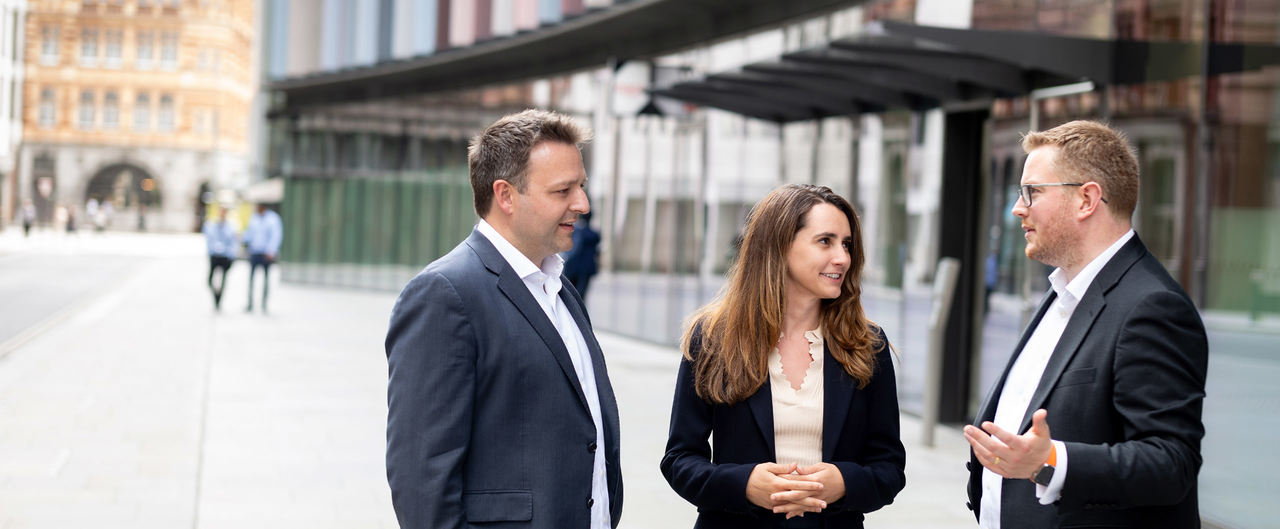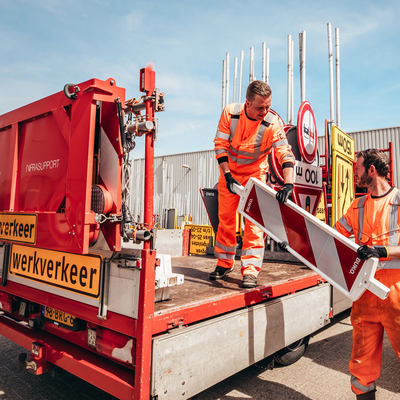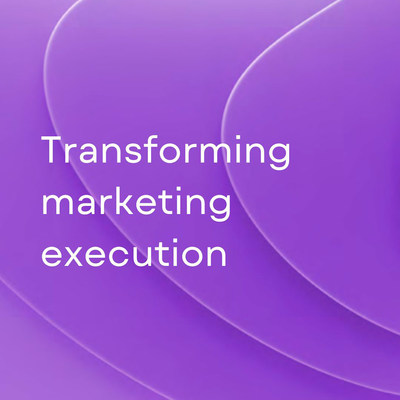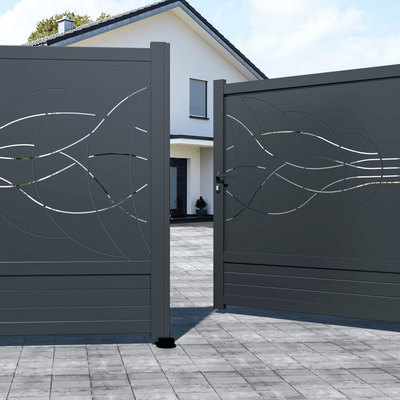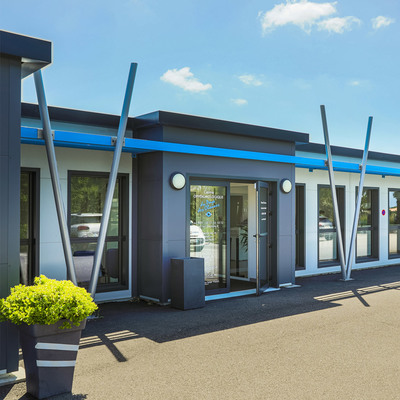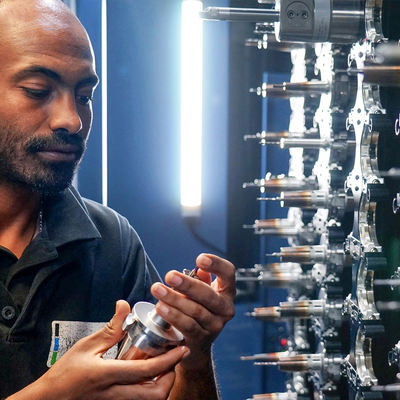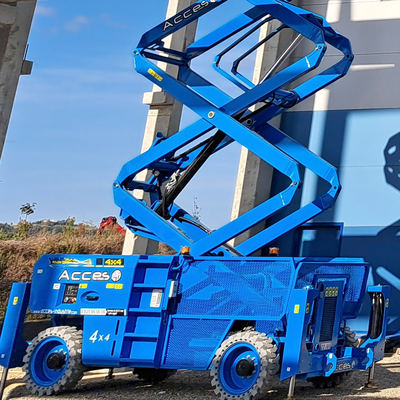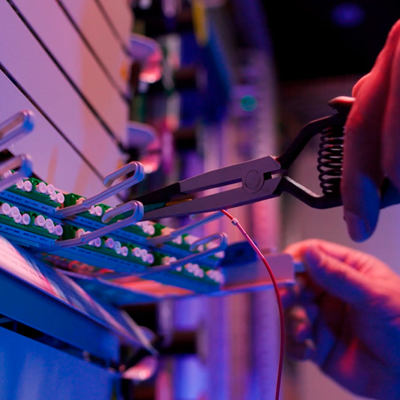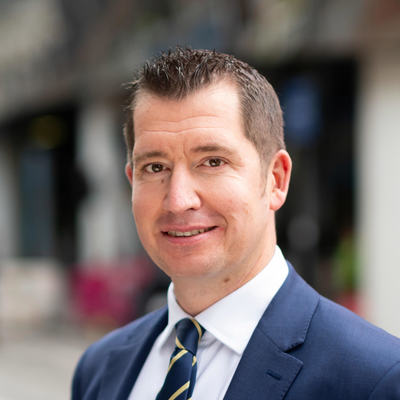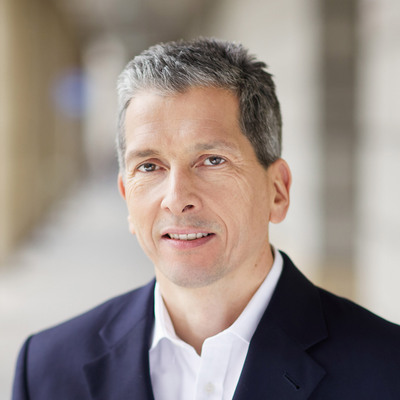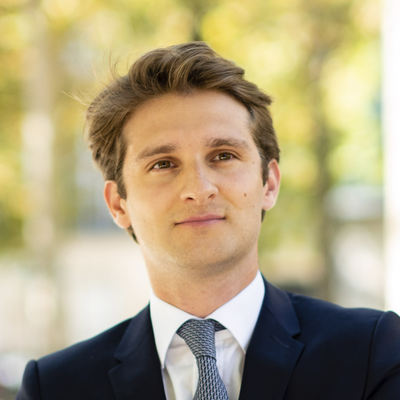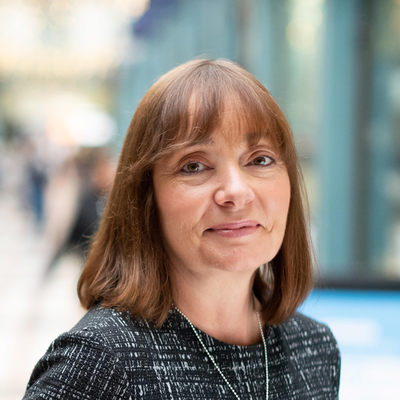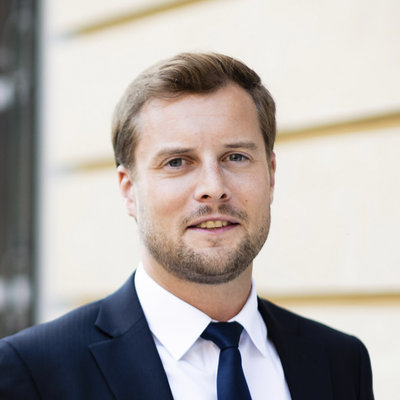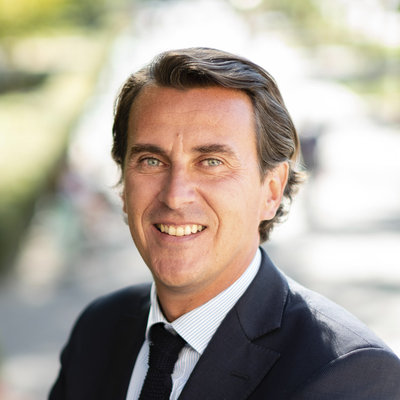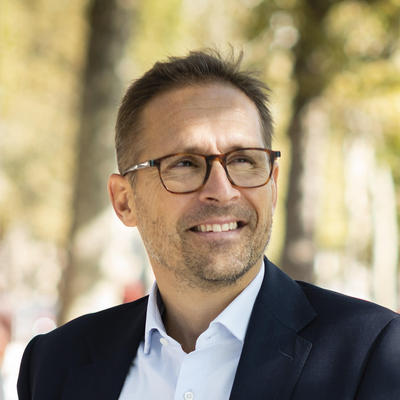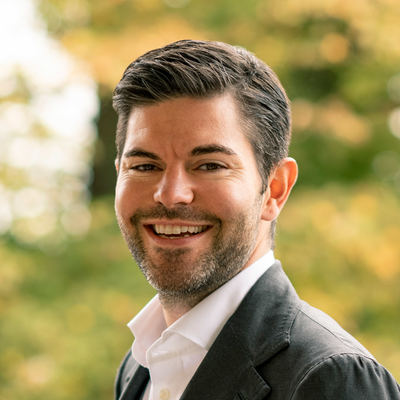A leading mid-market
private equity firm
Equistone is based across Europe’s largest economies, using our capital and deep experience to support growing companies.
Latest News
31 Mar 2025
Equistone-backed adm Group acquires Indicia Worldwide
12 Mar 2025
Internationalisation continues: Equistone-backed BUKO acquires Sweden-headquartered Road Rental Scandinavia AB
NOTICE
Fraudulent websites
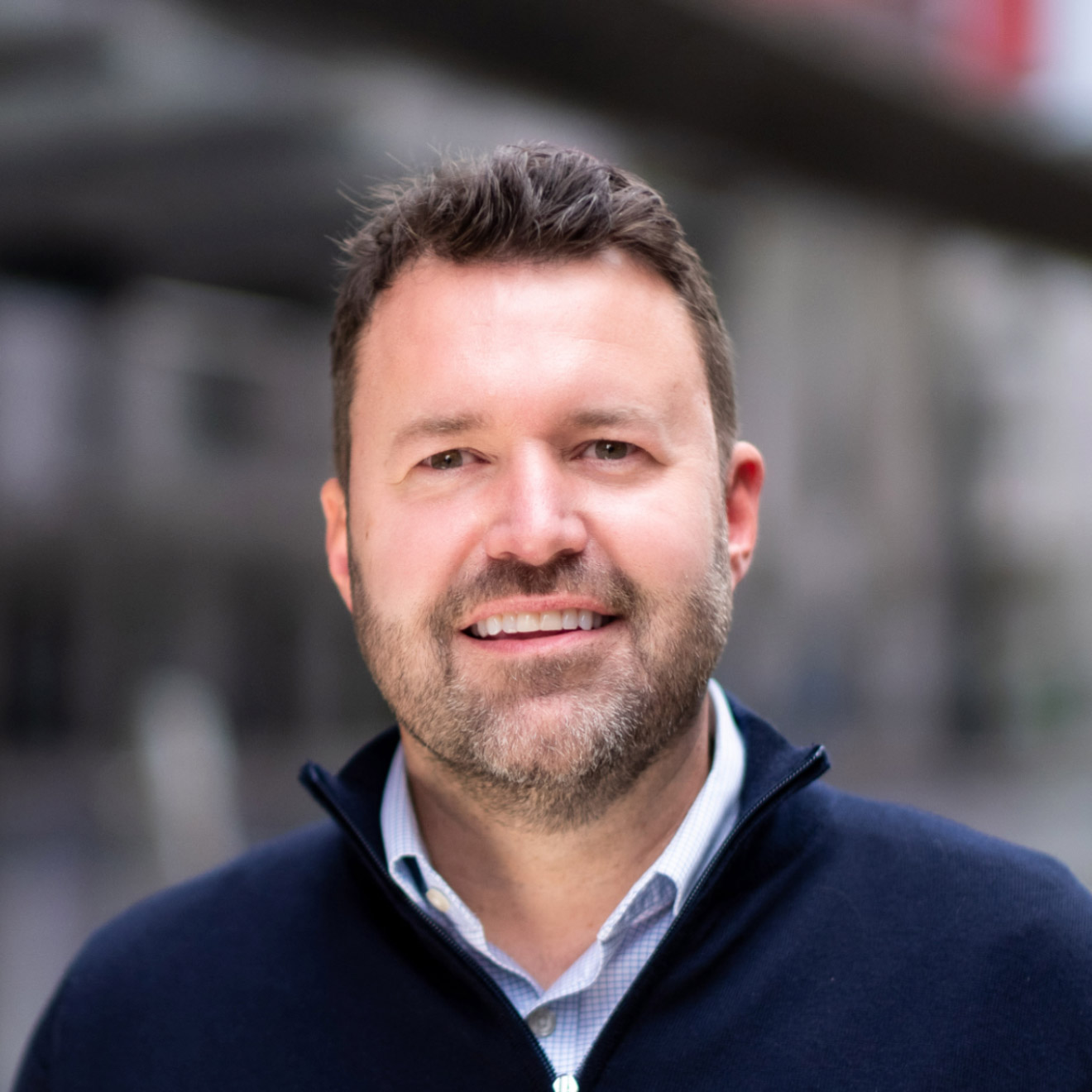
Equistone has a proven track record for more than 40 years of supporting the growth of companies throughout Europe. Our deep understanding of the business landscape has enabled successful partnerships with entrepreneurial management teams and their businesses.
INVESTMENTS
We have a strong focus on change of ownership deals and aim to invest between €25m and €200m or more of equity in businesses with enterprises values of between €50m and €500m.
TEAM
Our experienced investment professionals are based in seven offices across five countries, ensuring close contact with local advisers, management teams and vendors. This enables us to source and execute deals on a pan-European basis.
Awards
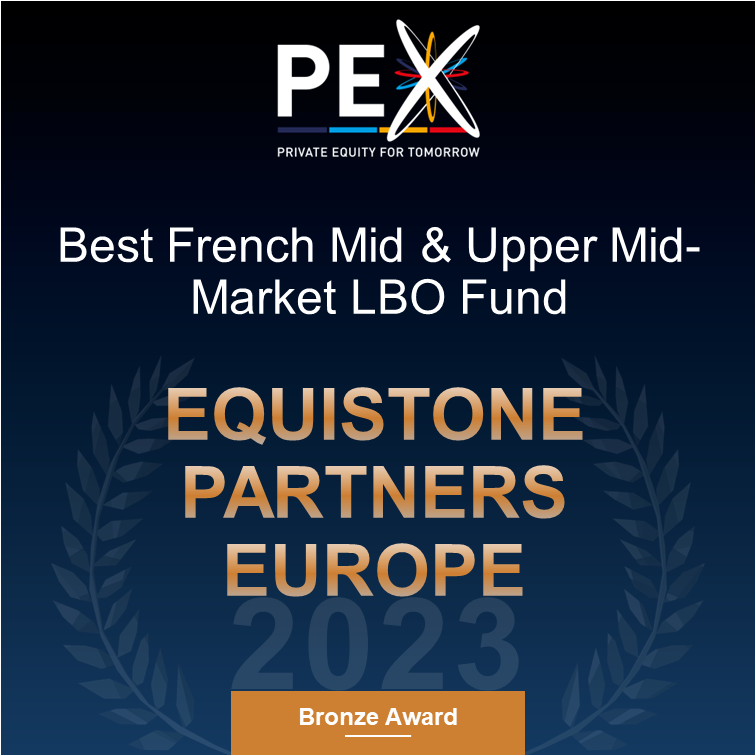
Best French Mid & Upper-Mid Market LBO Fund
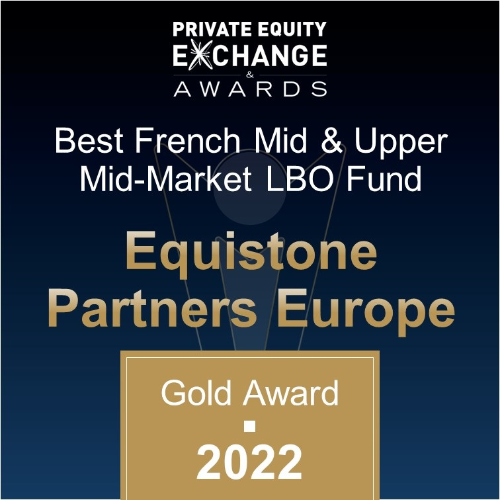
Best French Mid & Upper-Mid Market LBO Fund
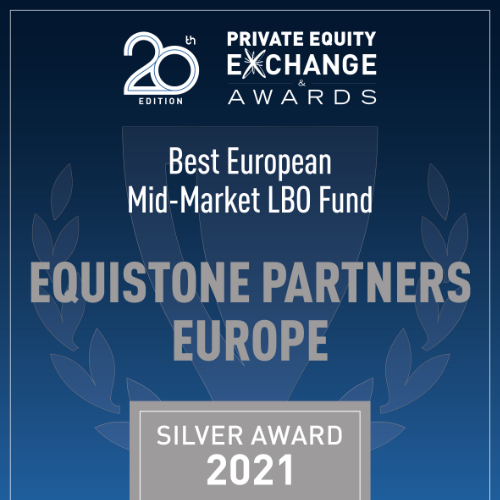
Best European Mid-Market LBO Fund
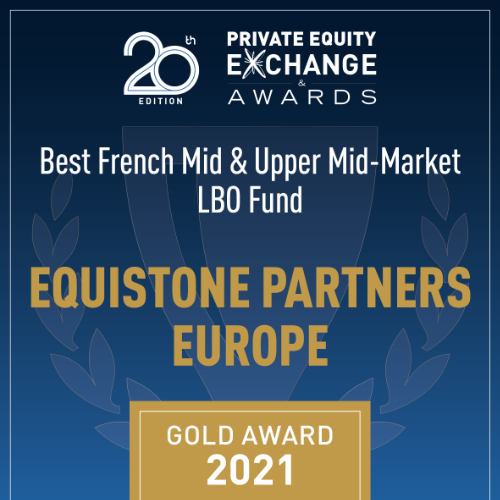
Best French Mid & Upper-Mid Market LBO Fund (Co-winner)

